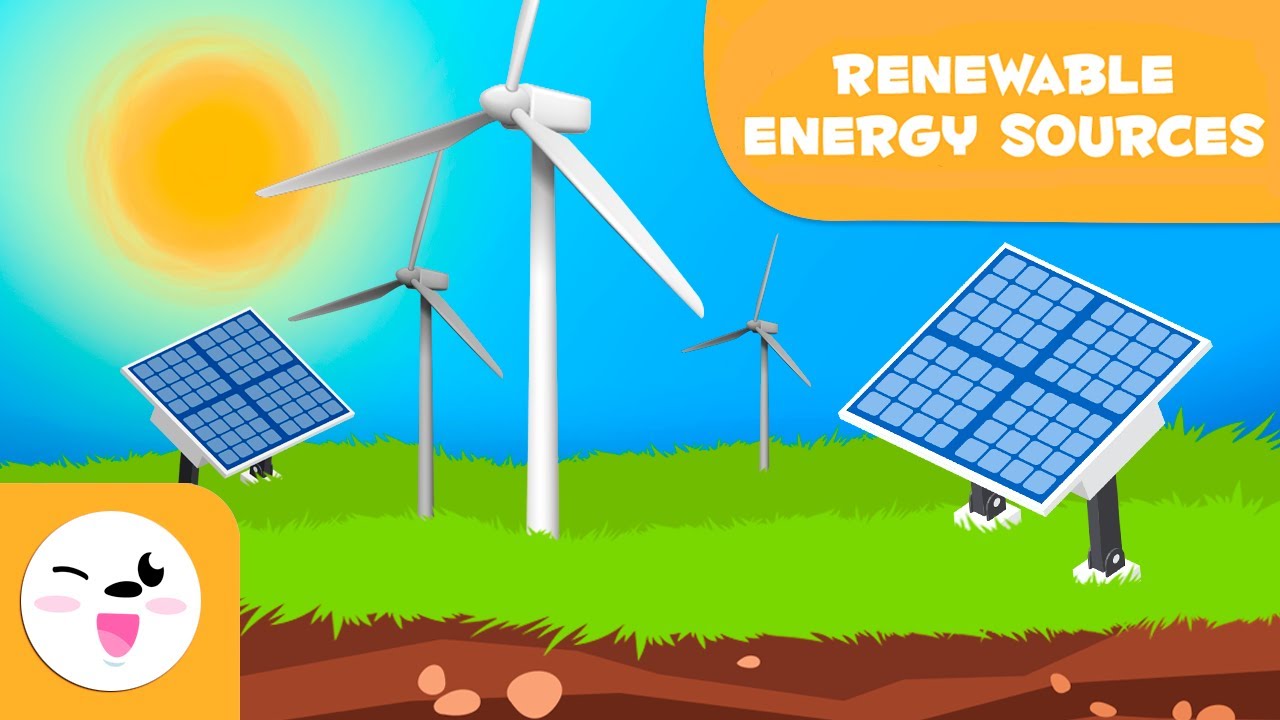
Introduction to Alternative Terms
In the world of energy, the terminology we use can significantly influence public perception and policy. As we shift towards a more sustainable future, understanding alternative terms for renewable energy is essential. These terms not only encompass various forms of energy generation but also reflect the evolving nature of the energy landscape.
The Importance of Language in Energy Discourse
Language shapes our understanding and approach to different subjects. In the context of energy, the choice of words can affect everything from public opinion to government policies. Here are some key reasons why language matters:
- Public Awareness: Clear terminology helps educate the public about energy sources.
- Policy Formation: Specific terms can guide policymakers in creating effective regulations.
- Investment Decisions: Investors often respond to the language used in the energy sector, which can influence funding and support for projects.
Common Alternative Terms for Renewable Energy
Renewable energy can be described using a variety of terms that emphasize different aspects of energy generation. Understanding these terms can provide a more nuanced view of the energy sector. Below are some common alternative terms:
- Clean Energy: Refers to energy sources that produce little to no pollution.
- Sustainable Energy: Emphasizes the long-term viability and environmental responsibility of energy sources.
- Green Energy: Highlights the ecological benefits and reduced carbon footprint of certain energy sources.
- Alternative Energy: Often used to describe energy sources that are not derived from fossil fuels.
- Eco-Friendly Energy: Focuses on the environmental benefits of using certain energy sources.
The Impact of Terminology on Public Perception
The way we describe energy sources can dramatically alter public perception. For instance, using terms like “clean energy” can foster a more positive view of renewable technologies. This is particularly important in regions where traditional fossil fuels have dominated the energy landscape.
Case Study: Clean Energy vs. Fossil Fuels
In recent years, the term “clean energy” has gained traction as a more appealing alternative to “renewable energy.” This shift in language has contributed to a growing acceptance of solar, wind, and hydroelectric power among the general public. As people become more aware of the environmental impact of fossil fuels, the demand for clean energy solutions has surged.
Policy Implications of Alternative Energy Terminology
Policy decisions are often influenced by the terminology used in discussions surrounding energy. The adoption of specific terms can lead to the prioritization of certain energy sources over others. For example:
- Incentives for Clean Energy: Governments may provide subsidies or tax breaks for projects labeled as clean energy.
- Funding for Sustainable Projects: The use of sustainable energy terminology can lead to increased funding for long-term energy solutions.
- Regulations for Eco-Friendly Practices: Policies may emerge that require businesses to adopt eco-friendly energy practices.
The Role of NGOs and Activist Groups
Non-governmental organizations (NGOs) and activist groups play a crucial role in shaping energy discourse. By advocating for specific terminology, they can influence both public perception and policy. For example, organizations that promote the term “green energy” often focus on the environmental benefits of renewable sources, thereby garnering public support.
Challenges in the Energy Terminology Landscape
Despite the positive aspects of alternative terminology, there are challenges associated with the use of different terms in the energy sector. Some of these challenges include:
- Misinterpretation: Different stakeholders may interpret terms differently, leading to confusion.
- Greenwashing: Companies may use appealing terminology to misrepresent their environmental impact.
- Complexity: The proliferation of terms can make it difficult for the public to understand the nuances of energy sources.
The Future of Energy Terminology
As the energy landscape continues to evolve, so too will the terminology we use. Emerging technologies and changing societal values will shape how we talk about energy. Here are some trends to watch:
- Decentralized Energy: With the rise of microgrids and local energy generation, this term may become more prominent.
- Energy Transition: As we move away from fossil fuels, discussions around energy transition will likely gain traction.
- Carbon-Neutral Energy: The focus on reducing carbon emissions may lead to the adoption of this term in policy discussions.
Conclusion: The Power of Words in Energy Transformation
The terminology we use in discussing energy is not merely academic; it has real-world implications for policy, investment, and public perception. By understanding and utilizing alternative terms effectively, we can foster a more informed dialogue about the future of energy. Emphasizing clean, sustainable, and green energy can not only help in shaping positive public attitudes but also drive meaningful change in energy policy and investment.
Call to Action
As individuals, we have the power to influence the conversation around energy. By adopting and promoting the use of clear and impactful terminology, we can contribute to a more sustainable future. Whether you are an activist, a policymaker, or simply an informed citizen, your words matter. Let’s work together to shape a brighter, cleaner energy future.

